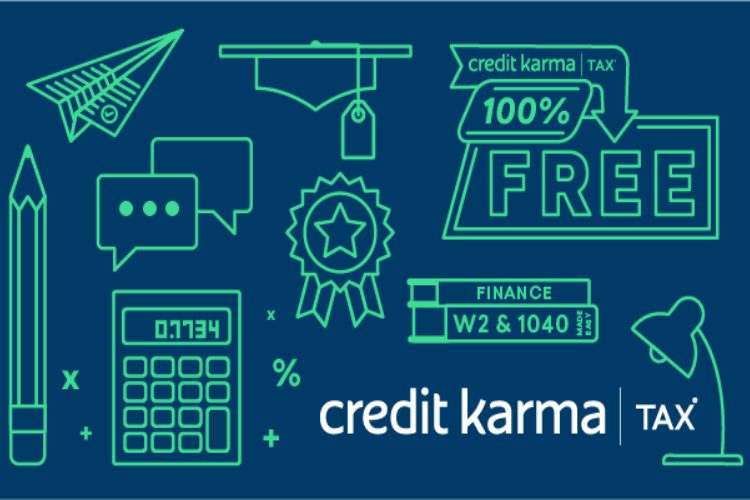
If you’re a Credit Karma user, you’ve likely seen the “pre-approved” credit cards it recommends on its site and app. But it turns out that not everyone gets approved for these cards when they apply, and the company is now paying out millions for the misunderstanding.
Credit Karma Leads On Its Customers

Remember how everyone seemed to promote Credit Karma and thank the credit monitoring company for helping them achieve their high credit scores? Well, unfortunately, it’s not quite the same anymore. Since its popularity grew, almost one-third of the site’s users have applied for “pre-approved” credit cards and were denied after after a credit check. The Federal Trade Commission (FTC) has discovered that the company was leading on its customers, wasting their time and resources, and inevitably causing their credit scores to worsen.
Now, the FTC is working on a Credit Karma settlement, which includes a total of $3 million in payouts to users who were negatively effected by the false advertising. The official complaint states that Credit Karma violated the Federal Trade Commission Act by promoting the so-called “pre-approved” credit cards, which actually had “90% odds” of approval. “Credit Karma’s false claims of ‘pre-approval’ cost consumers time and subjected them to unnecessary credit checks,” the director of the FTC’s Bureau of Consumer Protection, Samuel Levine, said in a press release.
Guilty Or Not?

Interestingly enough, Credit Karma disagreed with the claims. Yet, the company decided to pay the $3 million in the Credit Karma settlement nevertheless. In their response, Credit Karma also provided a few bold statements to try to shield the company from hate. According to the letter, the company is only compensated when users are approved for products like credit cards. So, there’s no point for Credit Karma to falsely advertise. “The FTC’s allegations are focused on Credit Karma’s historical use of the term ‘pre-approved’ for a small subset of the credit card and personal loan offers available on Credit Karma’s platform prior to April 2021, and do not challenge the approval odds language Credit Karma has provided to its members since April 2021,” the statement said. In addition, a spokesperson told NPR that the company couldn’t verify the number of customers that the FTC said had been affected in their own data. “What we know today is only less than 1,500 people have ever contacted us stemming from anything related to this,” the spokesperson explained.
Still, the FTC claims that Credit Karma knew about its misleading tactics. For instance, they found that “confus[ion] about pre-approval” was a common issue customers run into when talking to customer service employees. Furthermore, the FTC shared that credit card companies don’t “preapprove, prequalify, or preselect consumers” to offer credit cards to, that’s at the discretion of Credit Karma.
Per the Credit Karma settlement, eligible customers will receive a portion of the $3 million payout after the FTC sorts through all the pertinent customer information. It also has to complete legal actions and collect the defendant’s money. If you were a part of this false advertisement tactic and applied for a credit card because of Credit Karma’s marketing that you were inevitably denied, there’s no need to apply to receive your portion. The FTC said it’ll work on restoring the data itself, and everyone eligible will receive a refund straight to their bank accounts.
